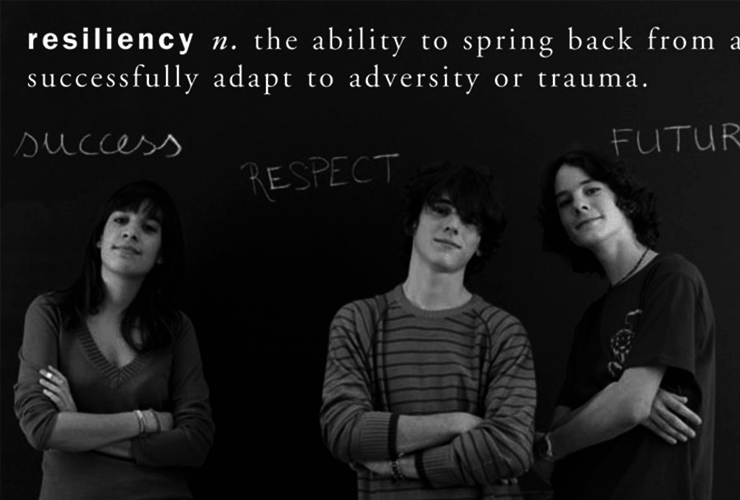 Focusing on the positives
Focusing on the positives
Positive youth development continues to gain momentum, as education and prevention professionals recognize the many benefits of fostering resiliency in students.
Among these are improved school attendance, reduced risk behaviors including self-harm and potential for suicide, and enhanced academic outcomes.
Resilient students can meet challenges and adapt to new or trying circumstances in positive, productive ways. Without resiliency, students—especially those with anxiety, depression or other mood disorders—may succumb to stress, and be overwhelmed by challenges that their peers may take in stride.
These vulnerable students may resort to unhealthy behaviors such as cutting, illicit drug/alcohol use, promiscuity, and violence against self and others. How can school administrators foster resiliency? Tips from experts include the following:
1) Offer a caring, supportive learning environment
2) Foster optimistic attitudes
3) Promote positive emotions
4) Nurture academic self-determination and feelings of competence
5) Encourage volunteerism
6) T each peace-building skills
7) Advocate healthy habits
8) Foster academic self-determination and feelings of competence

